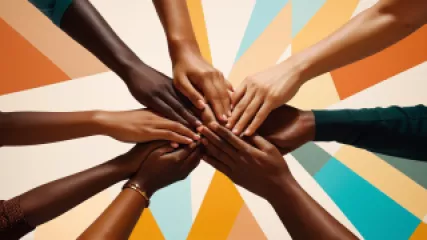Navigating Peer Relationships: A Research-Based Approach
1 year ago
Peer Relationships
Your Comprehensive Guide to Overcoming the Midlife Crisis
1 year ago
Navigating Midlife Crisis
What is Therapeutic Self-Disclosure and How Can it Improve Emotional Well-Being?
1 year ago
Therapeutic Self Disclosure
Exploring the Power of Self-Compassion Techniques: A Research Summary
1 year ago
Self Compassion Techniques
My Journey with Cognitive Behavioral Therapy for Emotional Regulation
1 year ago
Emotional Regulation in Adults
Understanding Attachment Styles in Adults: A Step-by-Step Guide
1 year ago
Understanding Attachment in Adults
Embracing the Beauty of Relationship Diversity
1 year ago
Relationship Diversity
Reclaiming Your Life: Why Reducing Screen Time is Essential for Well-Being
1 year ago
Reducing Screen Time
Uncovering the Impacts of Childhood Trauma: A Research Summary
1 year ago
Childhood Trauma
5 Proven Steps to Manage Exam Stress and Achieve Success
1 year ago
Managing Exam Stress
10 Powerful Techniques to Master the Psychology of Persuasion
1 year ago
Psychology of Persuasion
What is Mindful Communication and How Can It Improve Your Relationships?
1 year ago
Mindful Communication
Boosting Self-Confidence: A Research-Backed Guide to Assertiveness Training
1 year ago
Assertiveness Training
What is the Mind-Body Dichotomy?
1 year ago
Mind Body Dichotomy
Cognitive Therapy for Veterans: Unlocking a Path to Resilience
1 year ago
Therapy for Veterans














